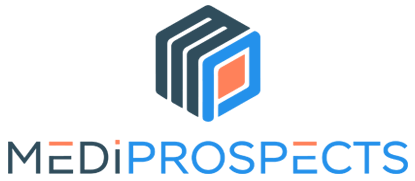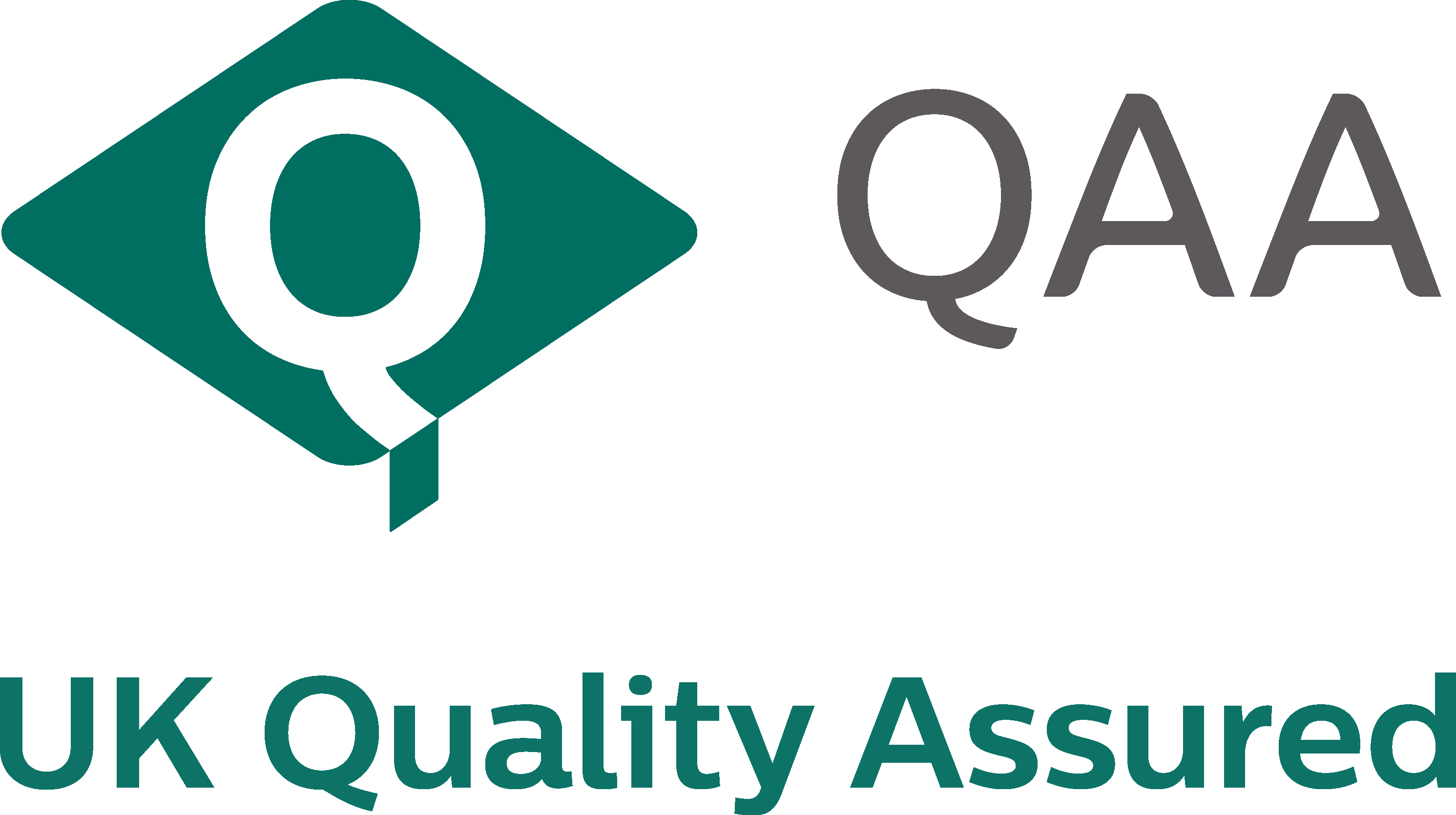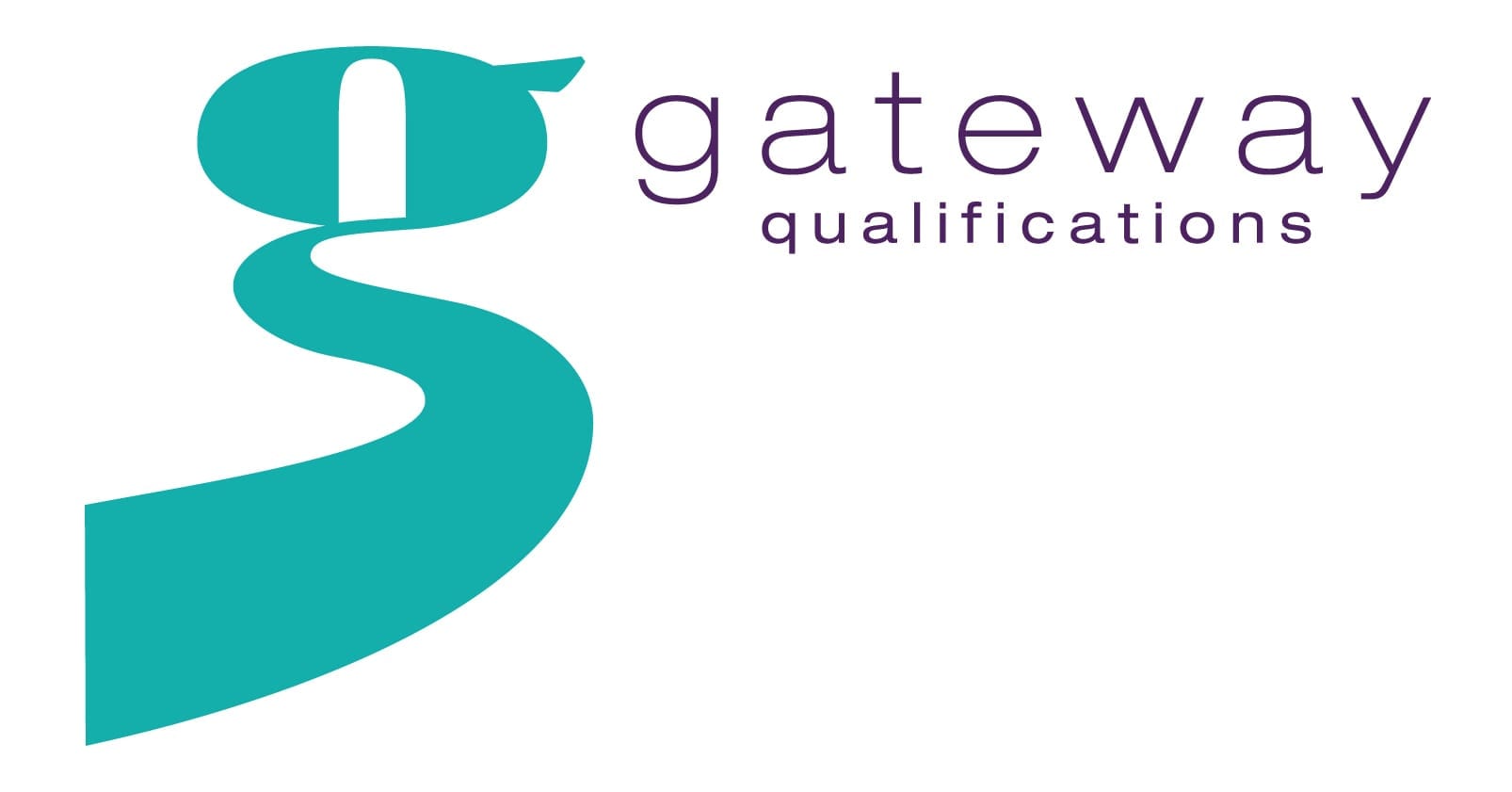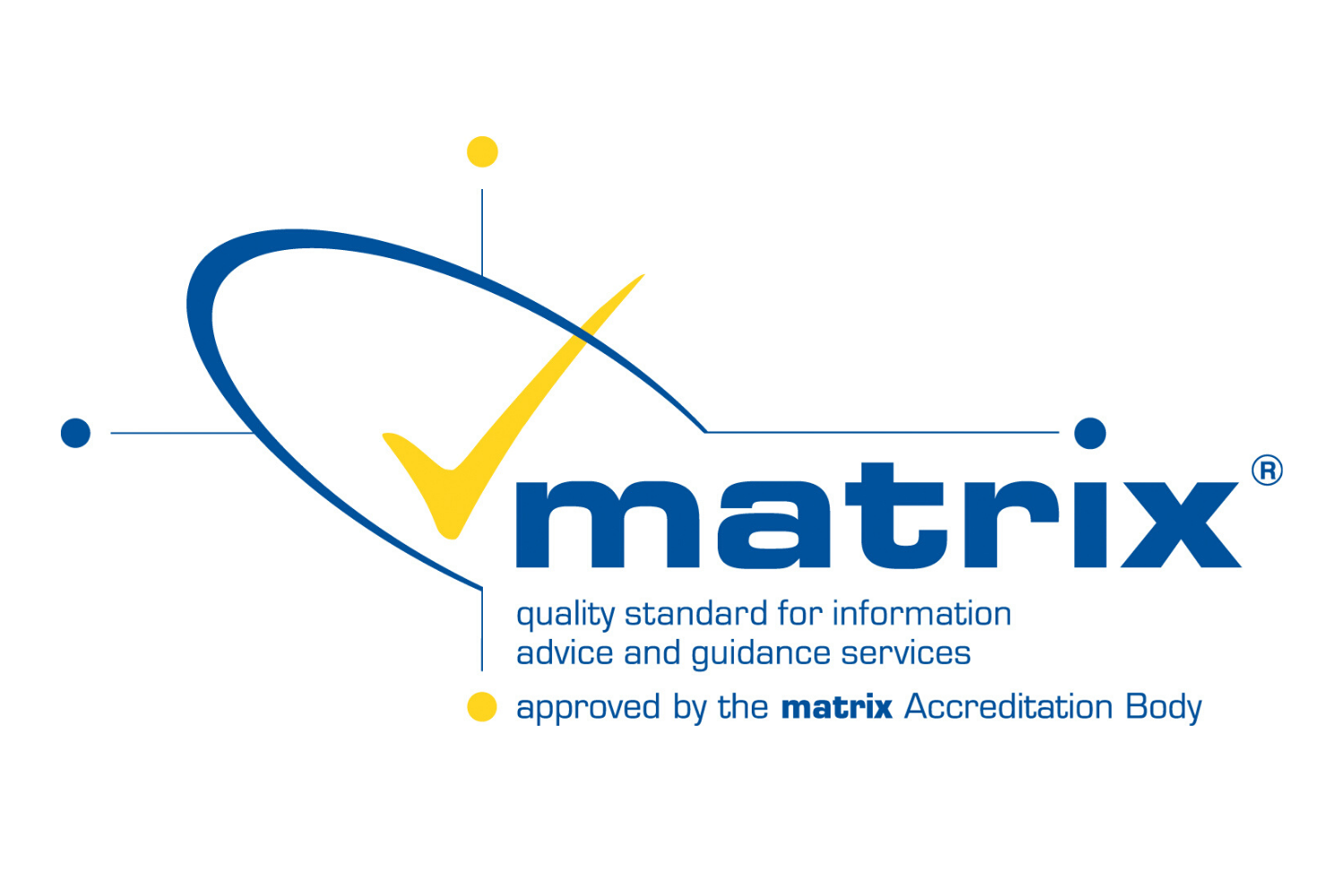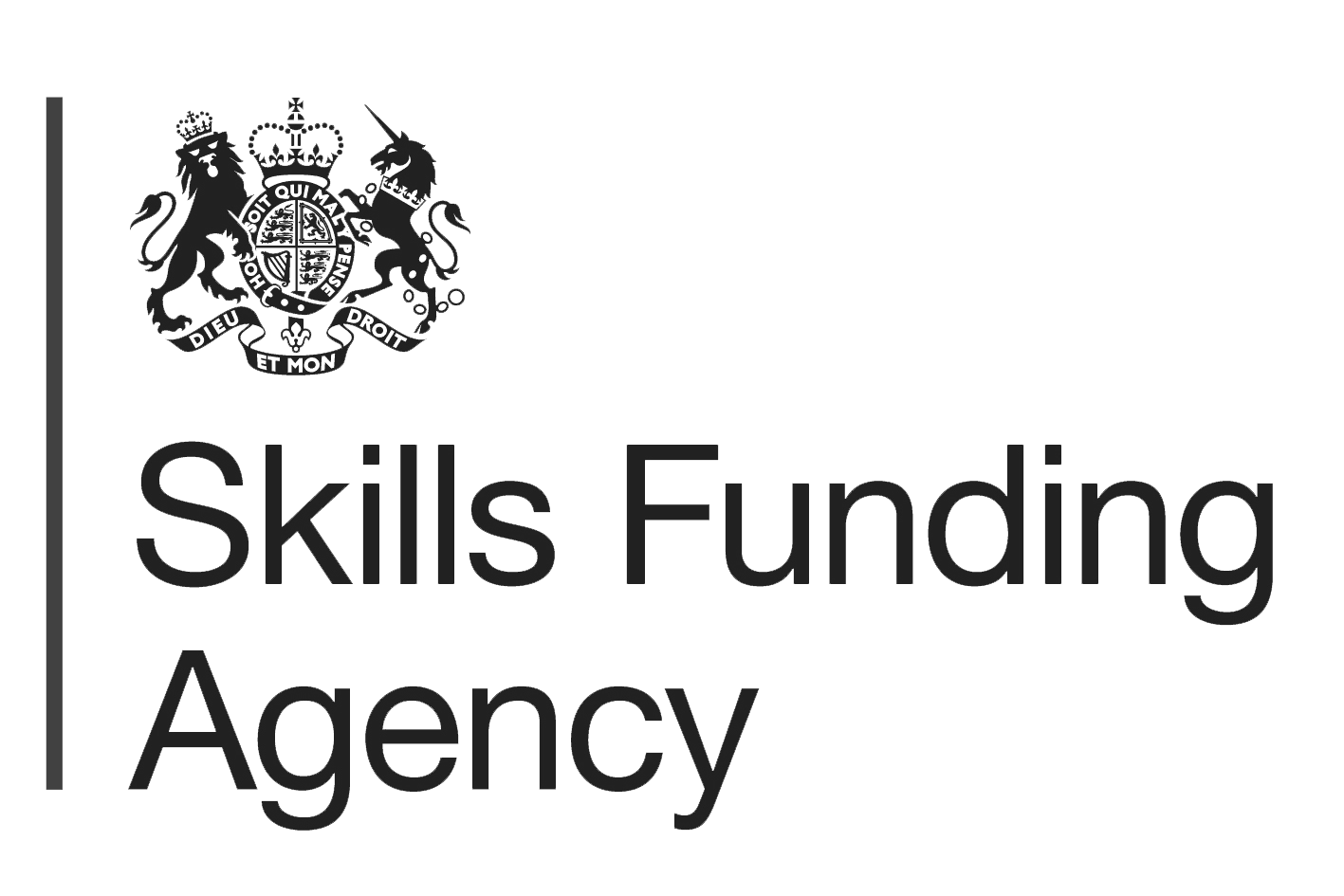About the Course
Our Access to HE Nursing and Midwifery Diploma is a fantastic way to prepare for university study. It's taught six hours per week during term time, and you can choose whether to study two evenings, one weekday, or Saturday. It's a fully online course, and we have a fantastic team of teachers. Meet the team and look at the interesting units you will study by clicking the tabs above. You can choose to study midwifery units delivered by an experienced midwife to strengthen your application to university.
We have an exciting range of units, including psychology, sociology, research skills, promoting health, developing your study and academic writing skills and a fantastic 21 credits of biology - an important entry requirement for the best universities!
The Role of a Midwife
Midwives provide care and support to women and their families while pregnant, throughout labour and during the period after a baby’s birth.
You’ll mainly work with pregnant women who require professional support and advice. You are likely to be a woman's lead health professional and contact, providing evidence-based information and helping her make informed choices about the options and services available throughout her pregnancy.
You’ll be the expert on childbirth, and your responsibilities will likely be diverse. You’ll provide:
- provide full antenatal care, including parenting classes, clinical examinations and screening
- identify high-risk pregnancies
- monitor women and support them during labour and the birthing process
- teach new and expectant mothers how to feed, care for and bathe their babies
You could work with women from various backgrounds and must be confident enough to communicate with different people. Some women and their families might be homeless, socially excluded, have disabilities or be very young. Other clients may be from certain cultural or religious backgrounds.
All women will need you to understand the emotional, physical and psychological processes of pregnancy and birth. Sometimes pregnancies do not go to plan, and you will need to offer support and advice on stillbirth, miscarriage, termination, neonatal death and neonatal abnormalities. (https://www.healthcareers.nhs.uk/)
English
To join one of our Access to HE courses, you will need GCSE Grade C/4 or above or Functional Skills Level 2
Maths
You can study maths alongside our courses, but please consider the time you have available to study and do assignments.
Technology
We will demonstrate the use of Teams at the beginning of the course. However, you must be able to use the Internet, send emails, and attach documents to emails. If you struggle with technology, please consider taking a short course with your local Adult Education Centre or college before joining our course.
You will need good access to the Internet and a tablet, laptop, or desktop computer. A mobile phone is not suitable.
Time
This is a part-time course. You will need to allow up to 16 hours per week during term time for studying, 6 taught hours and up to 10 hours of protected self-study time for completing assignments.
Previous Experience
Previous experience working or volunteering in health or care is an advantage, but don’t worry if you don’t have any. The great thing about Access to HE courses is that they enable people to change their careers. Some learners volunteer or work part-time in health-related settings alongside the Access to HE course, but this isn’t compulsory.
‘Find Out More’ Webinar
We are committed to providing all prospective learners with high-quality information, advice, and guidance to ensure they are on the right course at the right time. We require all prospective learners to attend or watch our one-hour webinar. The webinar is held every Wednesday evening from 6.30 to 7.30 pm. You can learn more about the course and ask us questions. If you cannot attend, you can watch a recording and email us your questions.
Look at the units you will study in Access to HE Nursing & Midwifery in more detail here.
Please take a few minutes to watch these short videos on Maths and English requirements and how to find courses.
Course Fee: Pay Nothing (Eligibility rules apply)
Advanced Learner Loan
Student Finance England will fund the course for learners living in the UK (England, Northern Ireland, Scotland, or Wales). This is a non-means-tested loan; it will be written off in full when you complete your degree. Our Advisors will support you when applying for the loan, but you can read more here: www.gov.uk/advanced-learner-loan.
Self-Funding
The cost for learners who are funding the course themselves is £2000.
University Funding
NHS Bursary
Careers Service
Mediprospects operates a MATRIX accredited (Since 2012) Information, Advice and Guidance Service which is available to everyone who visits the Centre without any costs. Our Careers Advisers are trained to find out about your future aspirations and map out how you can get there. If you are unsure about your next steps in learning, work or career, our Advisers can help you make decisions that are best for you. Information, Advice and Guidance (IAG) service can help you to:
- Find out what you are skilled at
- Decide about your career
- Find work
- Find learning opportunities
- Build confidence
- Prepare CV
- Get ready for job interviews
- Apply for University places
- And much more
You can also find out about your career options by visiting this website: National Careers Service.

Donna Simmonds MA (Ed), Access to HE Team Leader
Donna has a background in paediatric nursing and 30 years of experience in teaching Health, Social Care and management in further and higher education. An Ofsted Inspector for seven years, she focuses on quality. She runs a company specialising in Health and Social Care and Disability Awareness training and working in partnership with other organisations to offer high-quality learning opportunities.
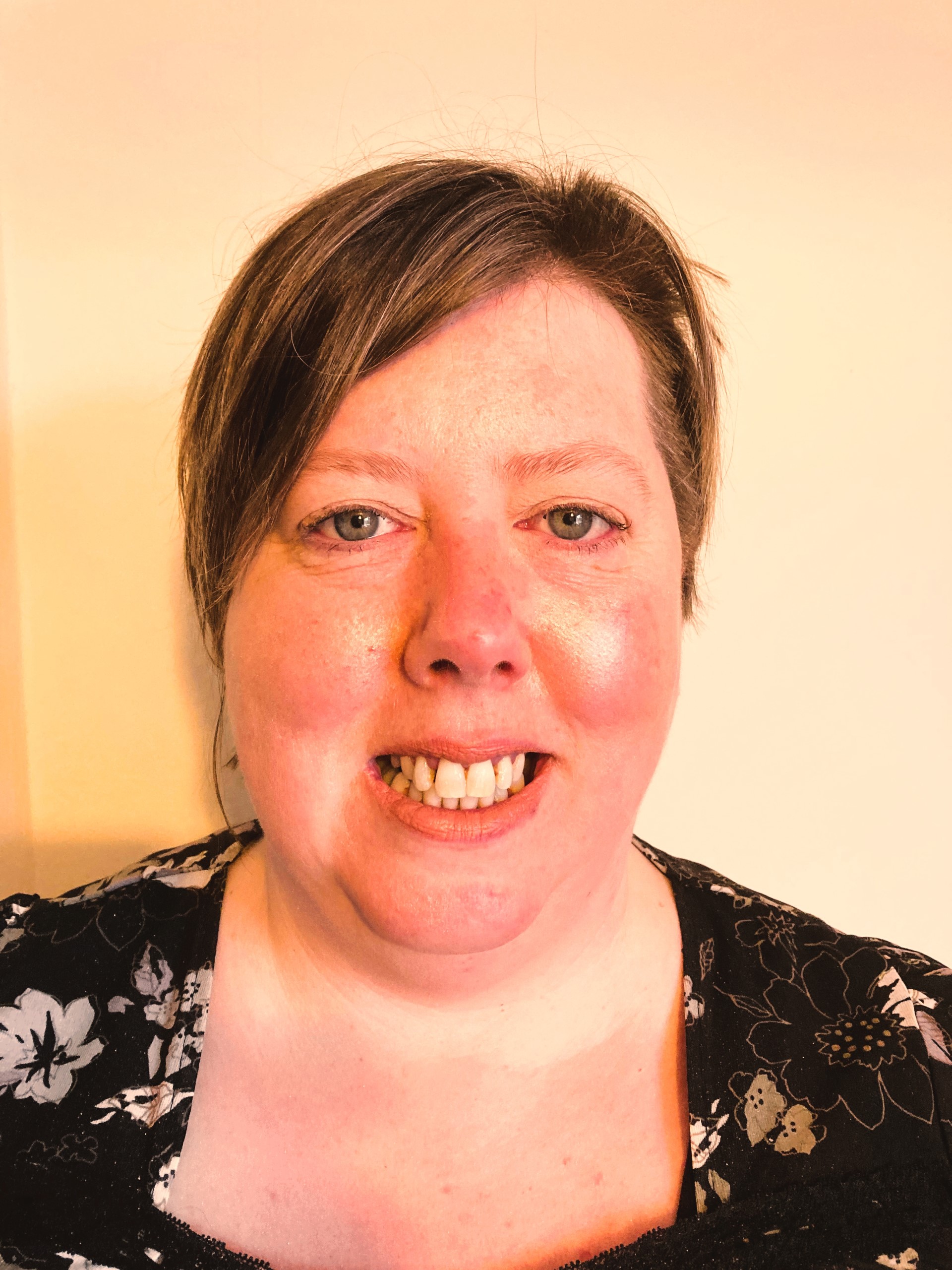
Mel Lancley MSc CPsychol, Teacher and Internal Moderator
Mel has taught Access courses for several years. Her background is in social care, specifically dual diagnosis and complex needs. She is a chartered psychologist. She has over 20 years of experience supporting learners to move on to nursing and midwifery courses. She is also an experienced external moderator for Access to Higher Education courses.
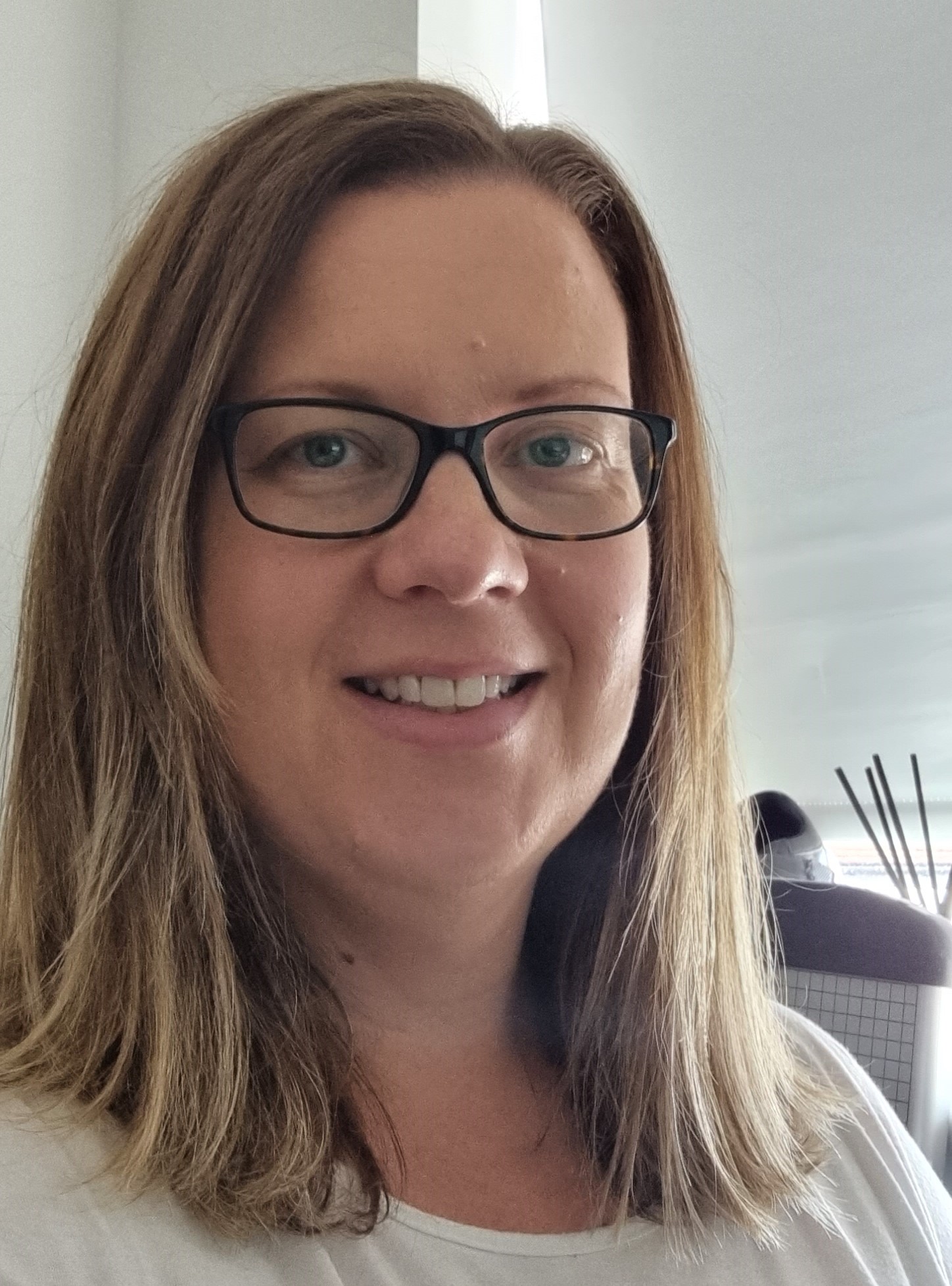
Lisa Ross BSc (Hons) Sports Rehabilitation, Teacher, Internal Moderator and UCAS Co-ordinator
Lisa has many years of experience as a Rehabilitation Therapist and over ten years of experience teaching Health and Social Care in secondary and further education. She is also an experienced examiner for OCR and Edexcel.

Sarah Kenny BSc (Hons) Biological Sciences, Teacher & Internal Moderator
Sarah has over 14 years of experience teaching and quality-assuring Biological Sciences in further and higher education. She is experienced in teaching English as a foreign language and speaks four languages. She is a member of Mensa and the Royal Society of Biology.
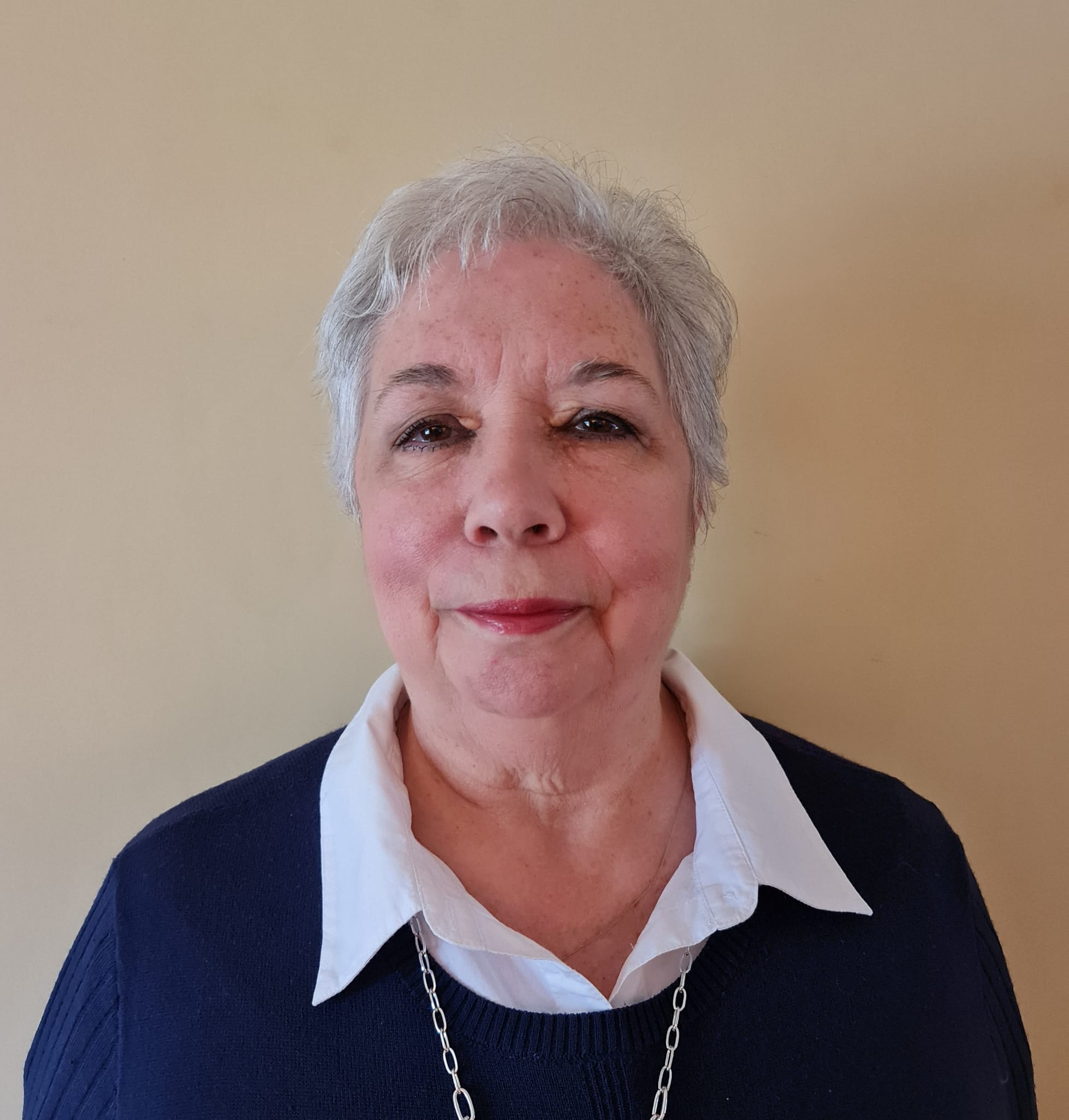
Carol Rees RGN. PGCE. MinstLM. ITEC Anatomy, Physiology and Massage Teacher
Carol is a qualified nurse and has taught Health and Social Care for over 18 years. For the last 13 years, she has been a tutor for the Open University, teaching on the Health and Social Care Degree.
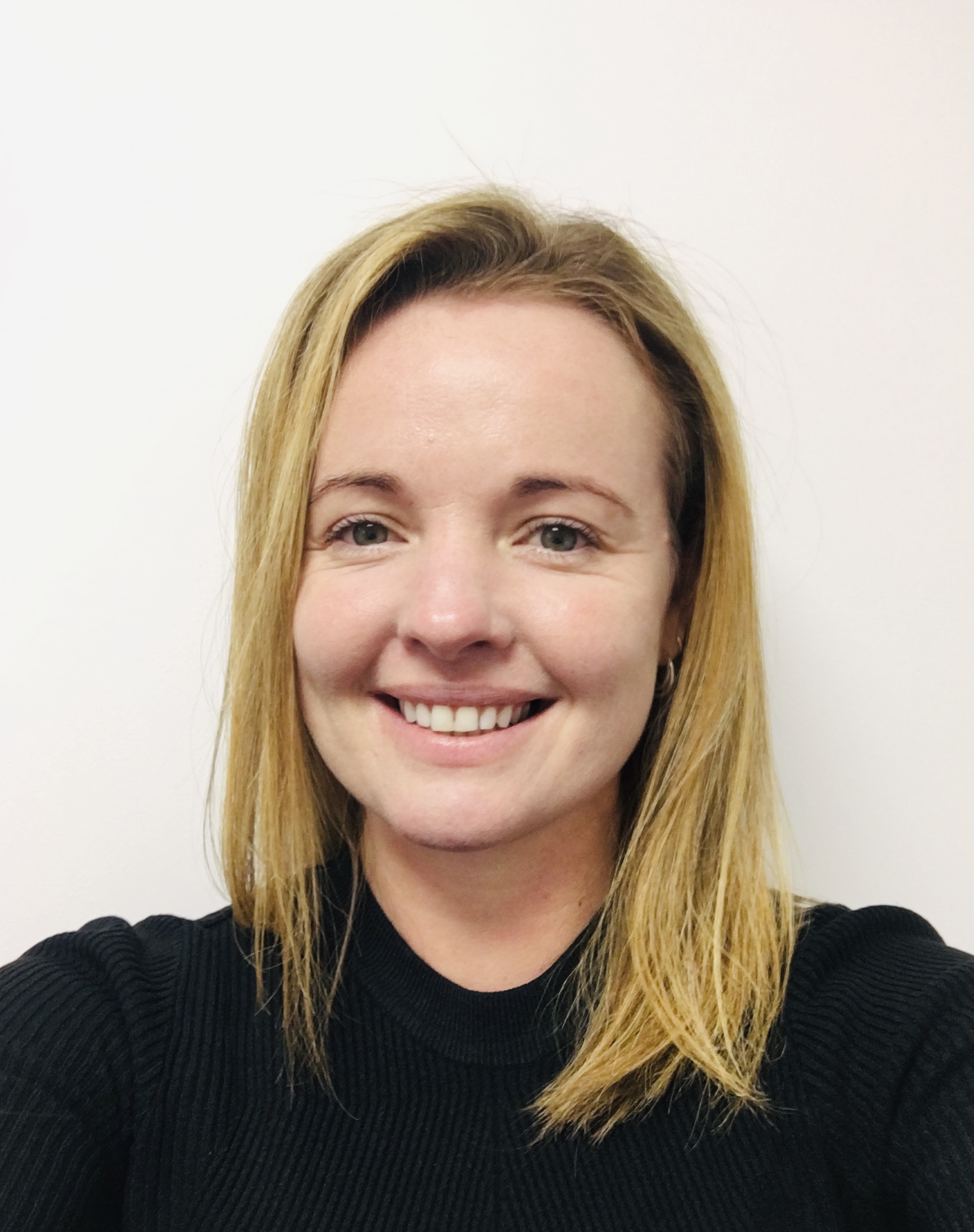
Angela Thompson, Teacher
Angela has worked in education since 2012 and has experience teaching learners in further and higher education. She has a degree in Psychology and a Master's degree in Cognitive and Computational Neuroscience. She is an experienced Research Psychologist and a Therapist in both person-centred and CBT approaches.

Darya Tobutt, BSc, RM, MSc(Dist), PGcert, Teacher
Darya is a passionate clinical midwife with over seven years of experience in fertility, pregnancy, labour and birth. She has a particular interest in complex medical needs in pregnancy and transformational research. An experienced midwifery lecturer achieving high-level student engagement using blended learning and integrating technology into the classroom. Specially trained in making adaptations for SEN learners.
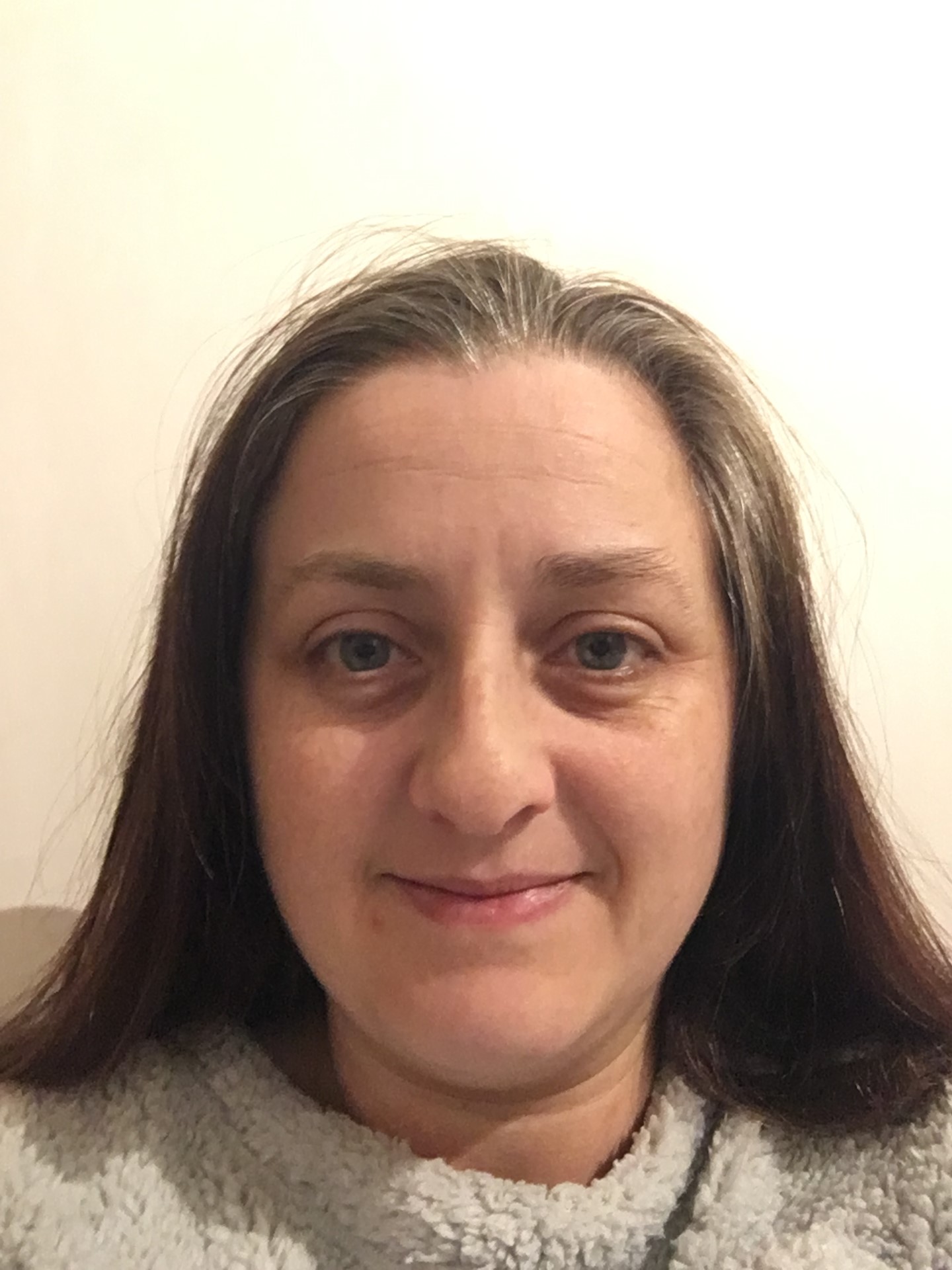
Katie Spencer, BSc (Hons) Behavioural Biology, PGCE. Teacher
Katie has been teaching science for 14 years, specialising in GCSE and A-Level Biology, working in secondary schools to improve the uptake of women in STEM subjects.
1. Are there any entry requirements for the access course?
To join our course, you will need GCSE English Grade C/4 or above or Functional Skills Level 2.
2. How many credits of science are available?
Access to HE Health Science – 39 Credits.
Access to Nursing, Access to HE Nursing & Midwifery, Access to HE Health Professions - 24 Credits.
3. Can I get funding to cover the whole cost of the Access to HE course?
If you live in the UK, you may be entitled to a non-means-tested Student Loan to cover the course's entire cost. This loan and any interest are written off once you complete your degree. Read more here: https://www.gov.uk/advanced-learner-loan.
4. What funding is available for me to study for a degree?
5. When does the course begin?
We have 4 courses starting in Spring 2025. You can study on Tuesdays from 9.30 – 4pm, or Saturdays from 9.30 – 4pm, or Tuesdays and Thursday evenings from 6.30 – 9.30pm.
6. When are the following courses if I can’t join the September 24 course?
September 2025.
7. How long does the course last?
Approximately 9 months.
8. How will the course be assessed? Are there any exams?
There are a range of different assessments to prepare you for university, reports, essays, tests, written questions & answers and posters.
9. Do I need to have good computer skills?
We will support you with the use of Teams, you will need a fairly good understanding of IT, use of the internet, sending emails, attaching documents to emails, using a spellchecker for example. If you don’t have fairly good IT Skills, we recommend you take a beginners course with your local college or Adult Education Centre.
10. Will I get help to apply for university?
Absolutely, we will take you through the whole process. We are a registered UCAS Centre and will submit your application along with a reference from us, electronically.
11. Will I have to travel to lessons?
No, all of our lessons are delivered live online by our team of trainers.
12. Can I apply for the course if I need additional support with my studies?
You will need a good standard of English to achieve the grades required for entry to university. If you need additional support with spoken and written English due it being a second or other language for you, we will signpost you to organisations providing support. For learners with learning differences, including Dyslexia, Dyspraxia, Autism, ADHD and other hidden disabilities, we make reasonable adjustments to support you.
13. How long is the Access course valid for?
The majority of universities ask for you to demonstrate study within the last 3 to 5 years.
14. Is there an age limit to studying a Health-related degree at university?
Not in the UK, but you can check with your chosen university to be sure.
15. What will I study in the Access course
An exciting range of science, sociology, psychology and skills development units are available.
16. How long does a degree take to complete?
Usually 3 years full-time and 4 years part-time.
17. Will I get support with learning differences such as Dyslexia at university?
Absolutely, read more about funding here and guidance here.
18. How much can I earn as a health professional in the NHS?
19. Is it true that Midwifery places are hard to find in the UK?
There aren’t as many places for Midwifery as there are for other professions; this is why we have a pathway for Midwifery on our course, giving you the opportunity to study additional Midwifery units to make your application stronger.
20. Can I apply for jobs with an Access to HE Diploma if I don’t go to university?
Yes, of course, it's a Level 3 Qualification and equivalent to 3 A Levels.
21. Is the course recognized by UK universities?
The majority of universities accept Access to HE courses, there are very few that don't. We are registered with the Quality Assurance Agency for Higher Education.
22. Can I meet you for an informal chat about the course before I decide to join?
We have a one-hour webinar every Wednesday at 6.30pm, during which we give an overview of the course and answer any questions. You can watch the video or read the notes if you can't make it. Here is the link to book a place.
23. Do I need experience in Health or Care work?
You don’t have to have formal health or care experience – it all counts if you care for a family member or a friend. You could consider volunteering with the NHS to strengthen your university application:
https://www.england.nhs.uk/get-involved/get-involved/volunteering/
https://www.volunteer.scot.nhs.uk/
https://www.nidirect.gov.uk/articles/becoming-volunteer
https://volunteering-wales.net/.
24. How do I apply?
Click here to express your interest.

